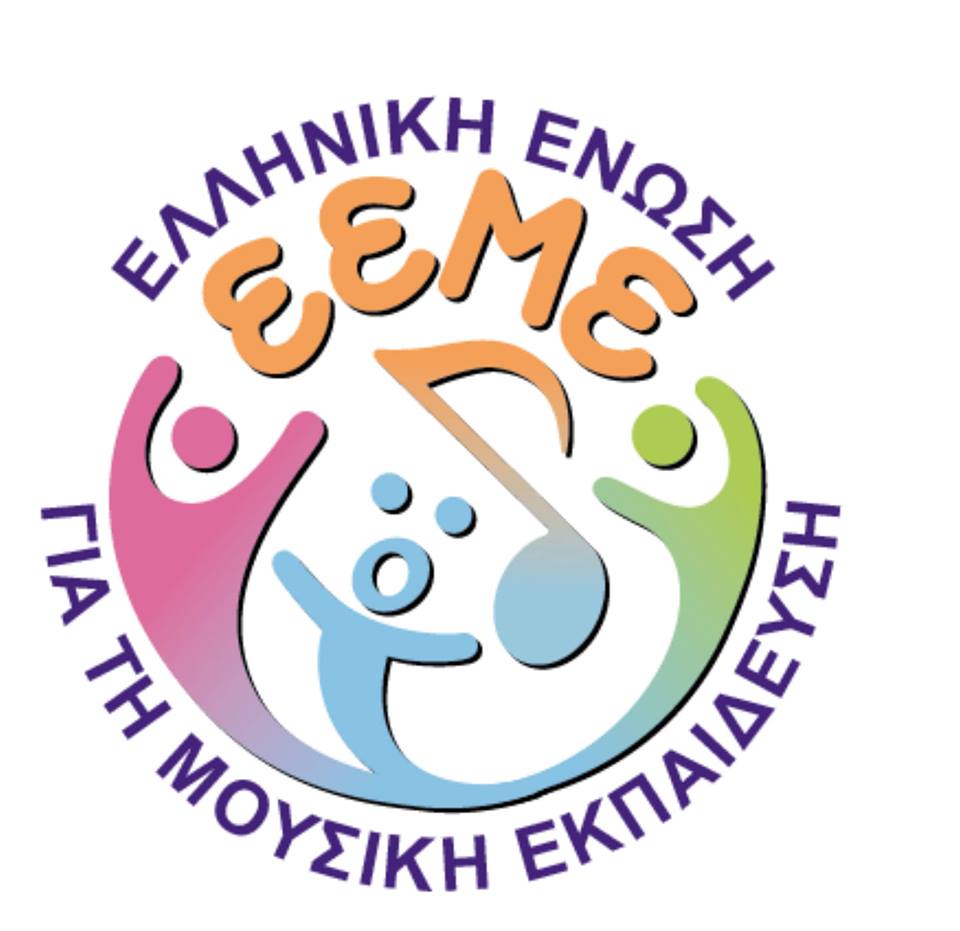Contents:
1) Polyvios Androutsos: The use of new technologies and especially of multimedia and video in music education.
2) Georgia Markea: Piano learning in Athenian Conservatories.
3) May Kokkidou: RESEARCH: An approach to the institution of music teaching assignment to specialized music teachers in the primary education - second part.
4) Vanda Lima Bellard Freire: Musical Appreciation and the building of knowledge - second part.
Abstracts:
1) Polyvios Androutsos
The use of new technologies and especially of multimedia and video in music education
This article explores the role of technology in society generally and in education more specifically. The use of technology in music education is examined and a report of the technological means available for students and teachers today follows. The article focuses in two types of such technological means: a) CDRoms (multimedia) and b) videos. The educational CDRoms and videos are separated in categories depending on their use and according to what each one of them offers. A short report follows and indicatively a concise presentation of some representative multimedia programs and videos. In the last part of article, various problems that occur while using the new technologies in music education are presented, looked upon critically, and some proposals are offered that potentially can lead to the resolution of such type of problems. Finally informative tables are given that contain: companies of music software, articles in the internet with content relative to multimedia, internet homepages for educational videos, lists of CDRoms and videos for preschool, primary and secondary education.
2) Georgia Markea
Piano learning in Athenian Conservatories
This article focuses on piano learning in Athenian conservatories and socio - economic contextual variables, which may influence it. After qualitative research, which the writer carried out with a number of prominent Greek piano teachers and performers, and 49 of their students in consecutive lessons over a period of three months - it was concluded that the environment, where the piano lesson takes place, influences the students' performance. More particularly, after she had observed and videotaped 200 hours of the teaching of several teachers, she selected a number of teaching episodes. Next she held detailed semi-structured interviews with these same teachers based on the extracts. Among the themes that emerge from the interviews in the frame work of Keith Swanwick's theory (1983) are that certain contextual variables can influence the piano learning at Athenian conservatories, such as a) the economic status of the student's family, b) the different policy between the conservatories in Athens in relation to the teachers salaries and fees, and c) the difficulties of studying western music in a societal and musical context, which historically has not been influenced by the ideas of the Enlightenment and where the profession of piano performer is not a secure one.
3) May Kokkidou
RESEARCH: An approach to the institution of music teaching assignment to specialized music teachers in the primary education - second part
The present research became in the schools of first degree education of band of Macedonia, without the geographic choice prosjdea'zej in something particular, aiming at the evaluation of institution of undertaking of course of music in the Municipal schools from special schoolteachers of music. Using the method of questionnaire were investigated the expectations, the attitudes of music that serve in these schools and were recorded the treaties that prevail in the school units in regard to the course of music.
4) Vanda Lima Bellard Freire
Musical Appreciation and the building of knowledge - second part
(transation: Kalliopi Kigitzi, editor: Polyvios Androutsos)
This article focuses on musical appreciation applied to different situations of research: in Music History classes, at the University, and children beginners musical class at the Escola de Musica da Universidade Federal do Rio de Janeiro. In this work we intend to approach musical appreciation as an activity effectively compromised with the construction of musical knowledge, through a perspective in harmony with the critical and social pedagogy. Musical appreciation was used as a listening activity that brings a signification to the sonorous material perceived, making it possible to understand the form. This approach was based on music phenomenology. The form was considered as the structure of the music and as we perceive it. The results validate the method, and show that the people observed reached an expressive increase in musical comprehension.





 Please wait...
Please wait...